If you would prefer to have this article read aloud, press the play button below:
I have a rare genetic eye disease called Stargardt Disease which has damaged my retina to the point where my visual acuity is poor enough that I am now legally blind. Many people upon learning that you’re legally blind assume that you are not able to see at all, which is far from the case for me. While my central vision is poor, I still retain my peripheral vision.
The definition of legally blind means that your vision is 20/200 or less in your better eye or your field of vision is less than 20 degrees. What this means in practical terms is that I can’t read even the top line of an eye chart. I can see that there’s an eye chart in front of me, but I just can’t read it.
I only became legally blind at age 59 (I’m 60-years-old as I write this), so the world of low vision is a new one for me. Since most of my friends last saw me when I was fully sighted, It’s important to me that the can understand what I can and can’t see, hence this post.
Below is a simulation to help folks understand what the world looks like to me, what I can see easily, and what I can’t.The true nature of my vision loss is hard to document correctly (blurriness, fractured-ness, constant pulsing lights, etc.), but this gives one a good idea of why, for instance, I am comfortable going for a hike in the woods un-aided, while I use a white cane whenever I venture out in a city or cross a busy street.
Reading is the biggest challenge I face with my vision. In addition to the blurriness at the center of my retina, letters are also fragmented. I also see pulsing lights at all times, so the three issues combined makes reading the most difficult task I face with my eye condition.
Crossing streets and walking in a city is another big challenge for me. In addition to the distortion at the center of my vision, I detect movement much more slowly than fully-sighted people do. Because of this difficulty detecting movement, seeing moving cars is challenging, as is being in a crowd or walking down a city street.
I am an analogy guy, so I like to compare my issues with seeing movement to that of having an old computer with a full hard drive – yes, the old computer works, but it moves very slowly. For instance, when I am a passenger in the car and my wife points out something that she sees, I cannot see it at all if the car is moving, I need to have the car stopped so my eyes can catch up to what my wife sees.
Seeing faces is the third biggest challenge I face living with Stargardt’s Disease. Similar to reading, I don’t have the visual acuity needed to see facial details unless I am close to the person. Interestingly, while I cannot make out the facial details of someone I have not seen before, if I know the person, my brain is able to use visual memory to fill in what my retinas cannot see well.
Watching television is almost impossible when I sit on the couch. However, when I position my chair mere inches away from the screen, I am able to see the TV pretty well. This is the case for most things visual for me, the closer I am, or the larger an item is, the better I can see it. So, sitting inches away from the TV works for me, as does working on a 50″ computer monitor that is inches from my eyes. To see my smartphone, I use built-in zooming functionality as well as speech-to-text tools. That’s how I read anything more than a couple of words, I let the computer/smartphone read it for me.
Hiking is one of my favorite activities, and luckily it’s one area where I am less impacted by my vision issues. Inverse to walking in the city, there is little movement when you are in the woods. Also, the lack of movement around me allows me to concentrate on my surroundings, so hiking is the one activity where my life has not changed significantly since I lost my vision.
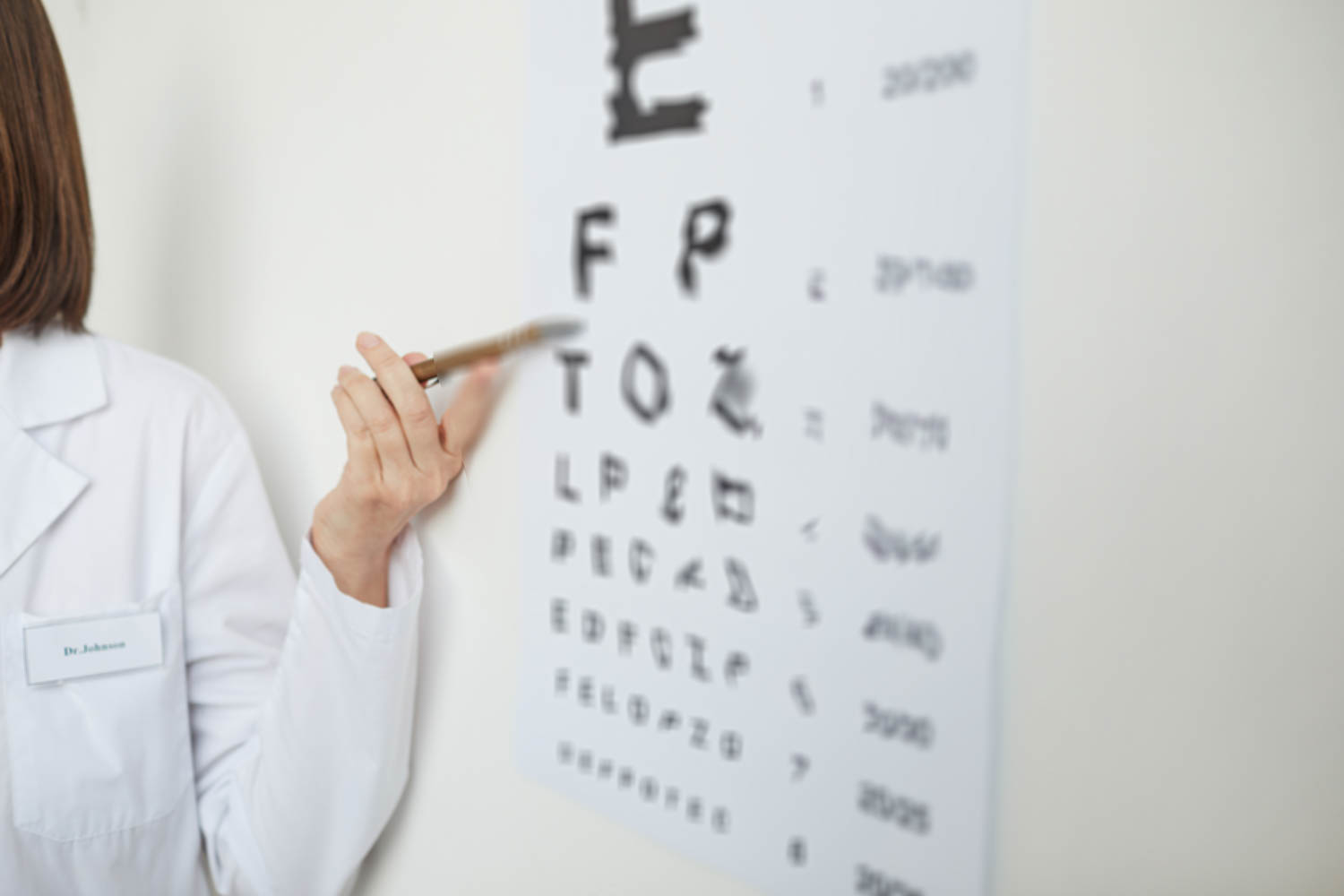
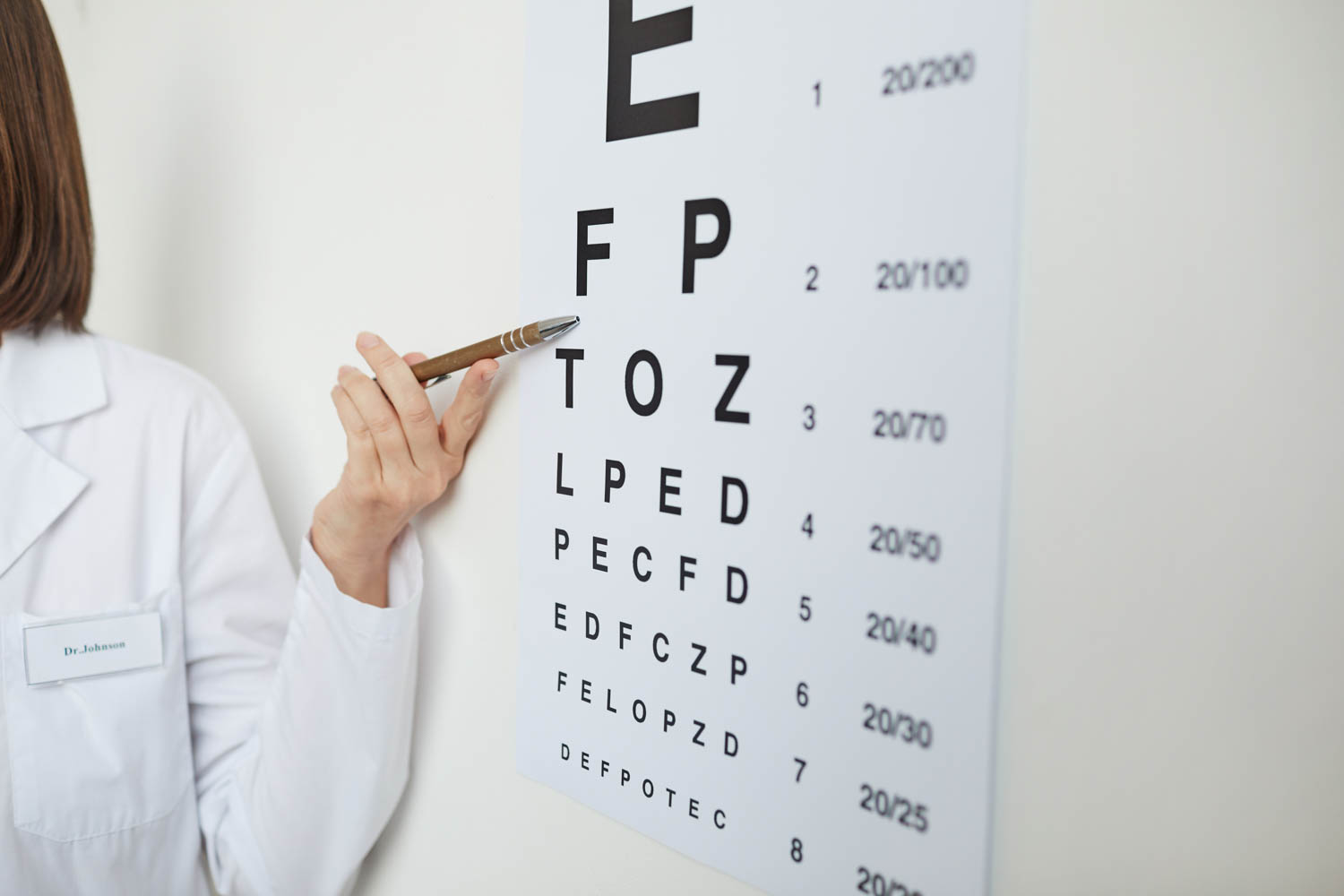



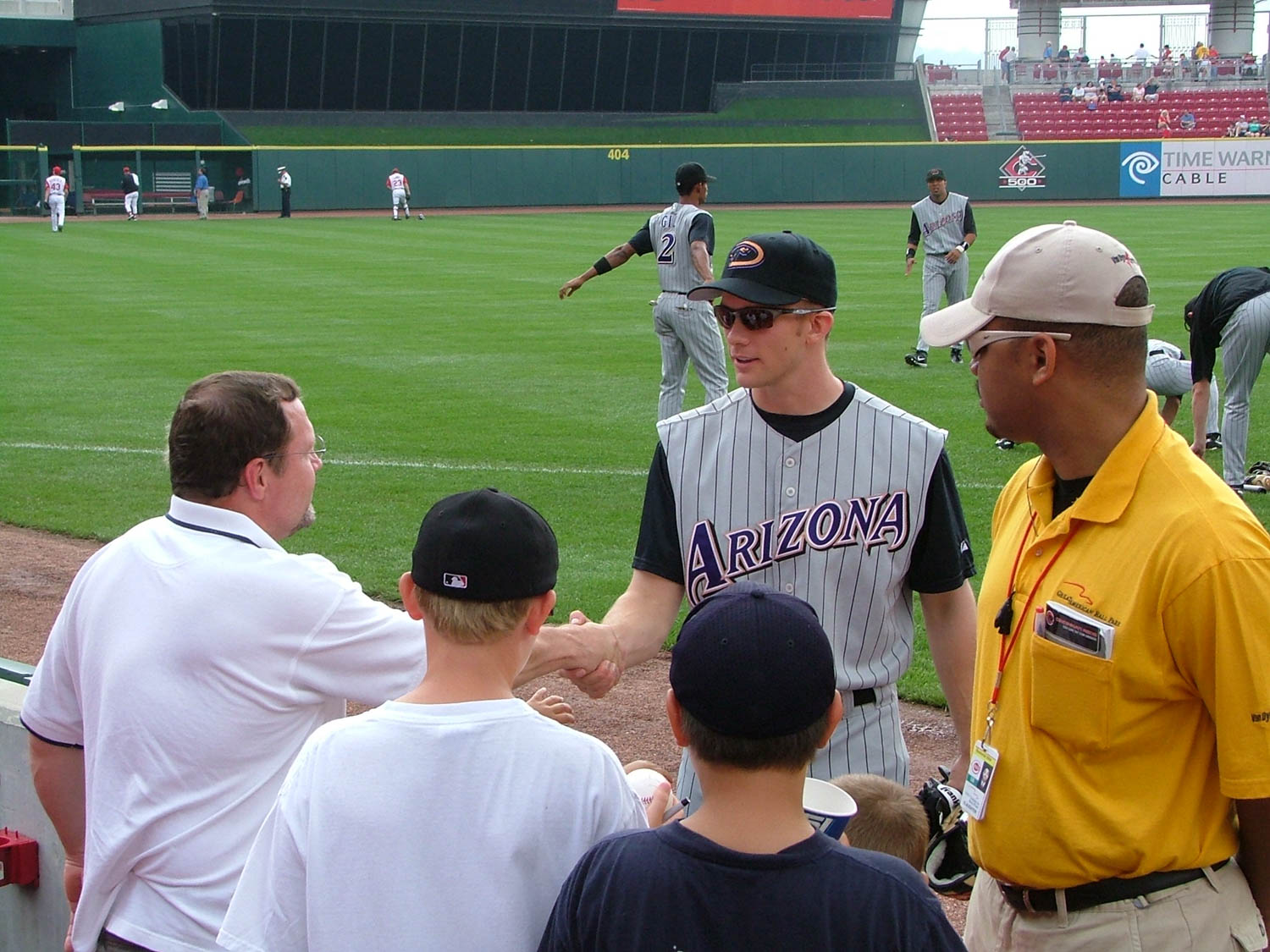
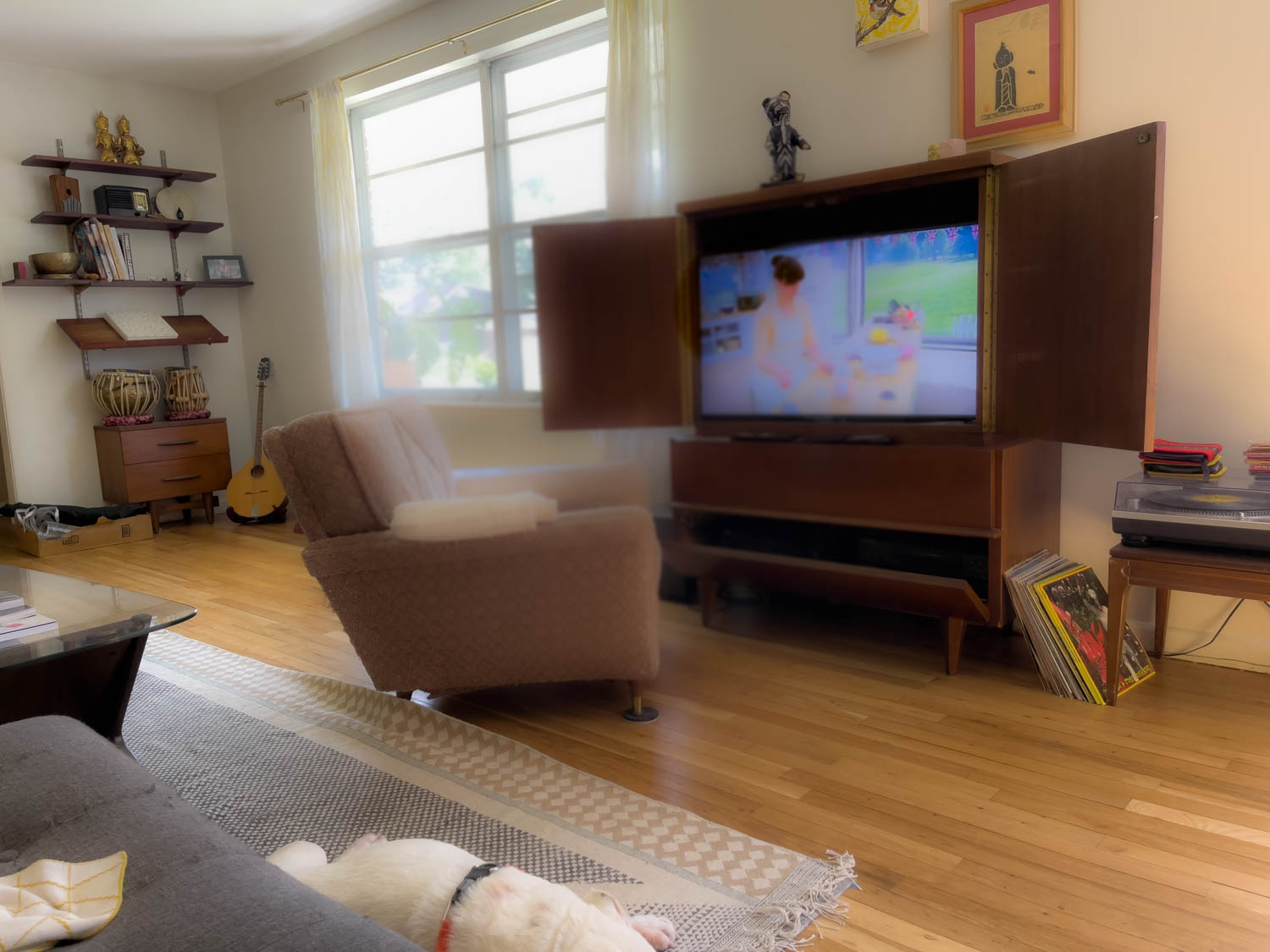
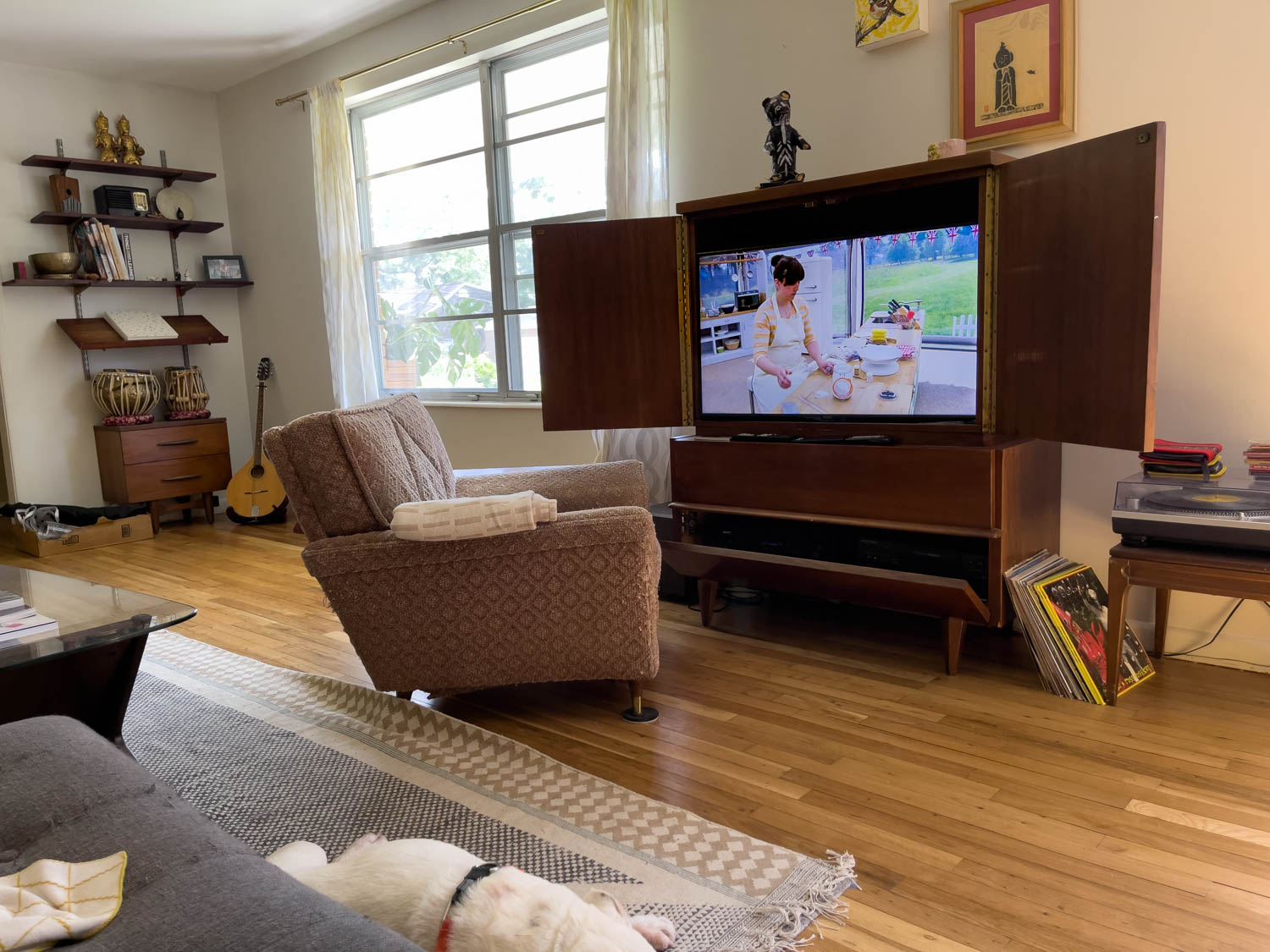
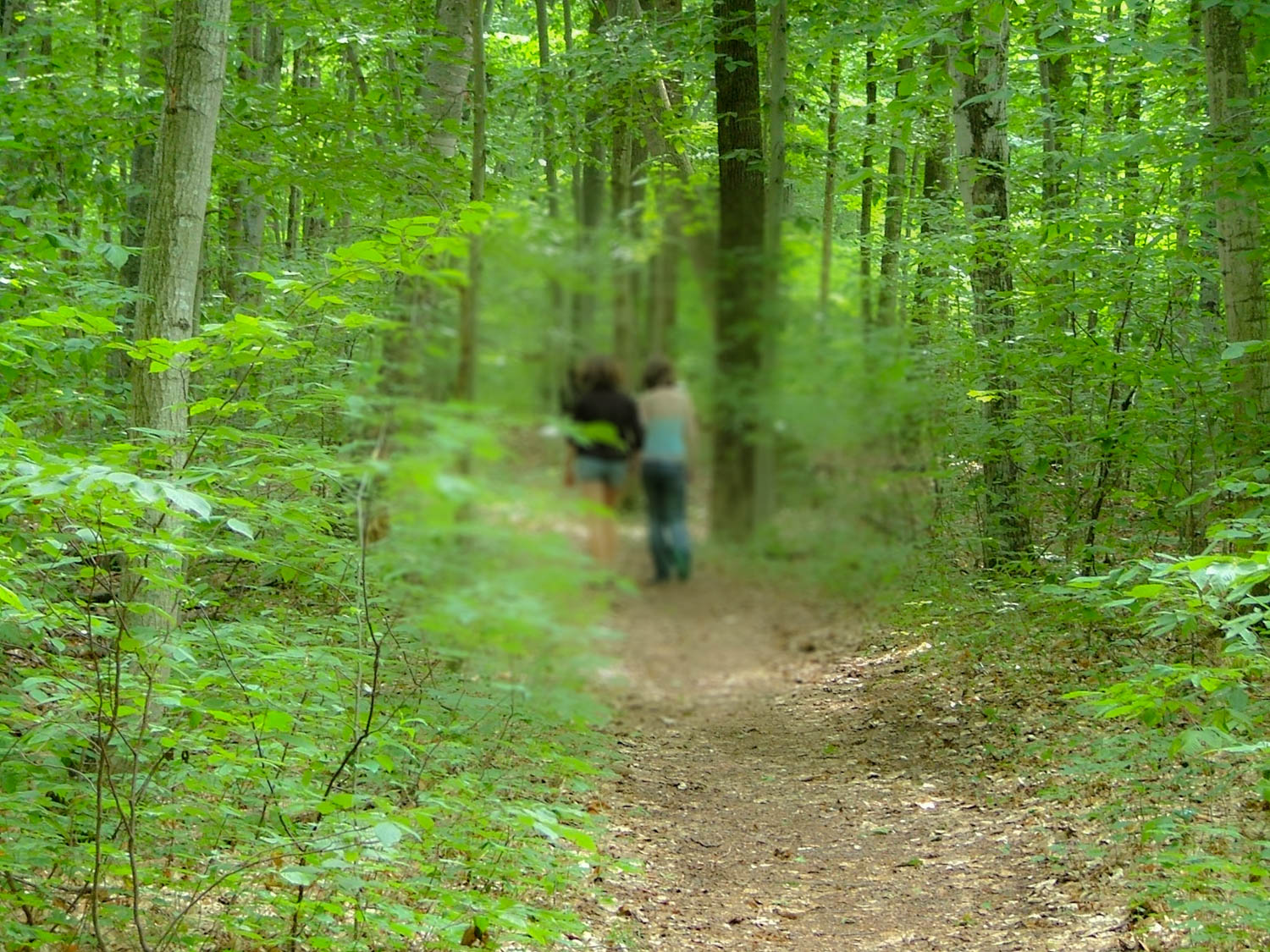
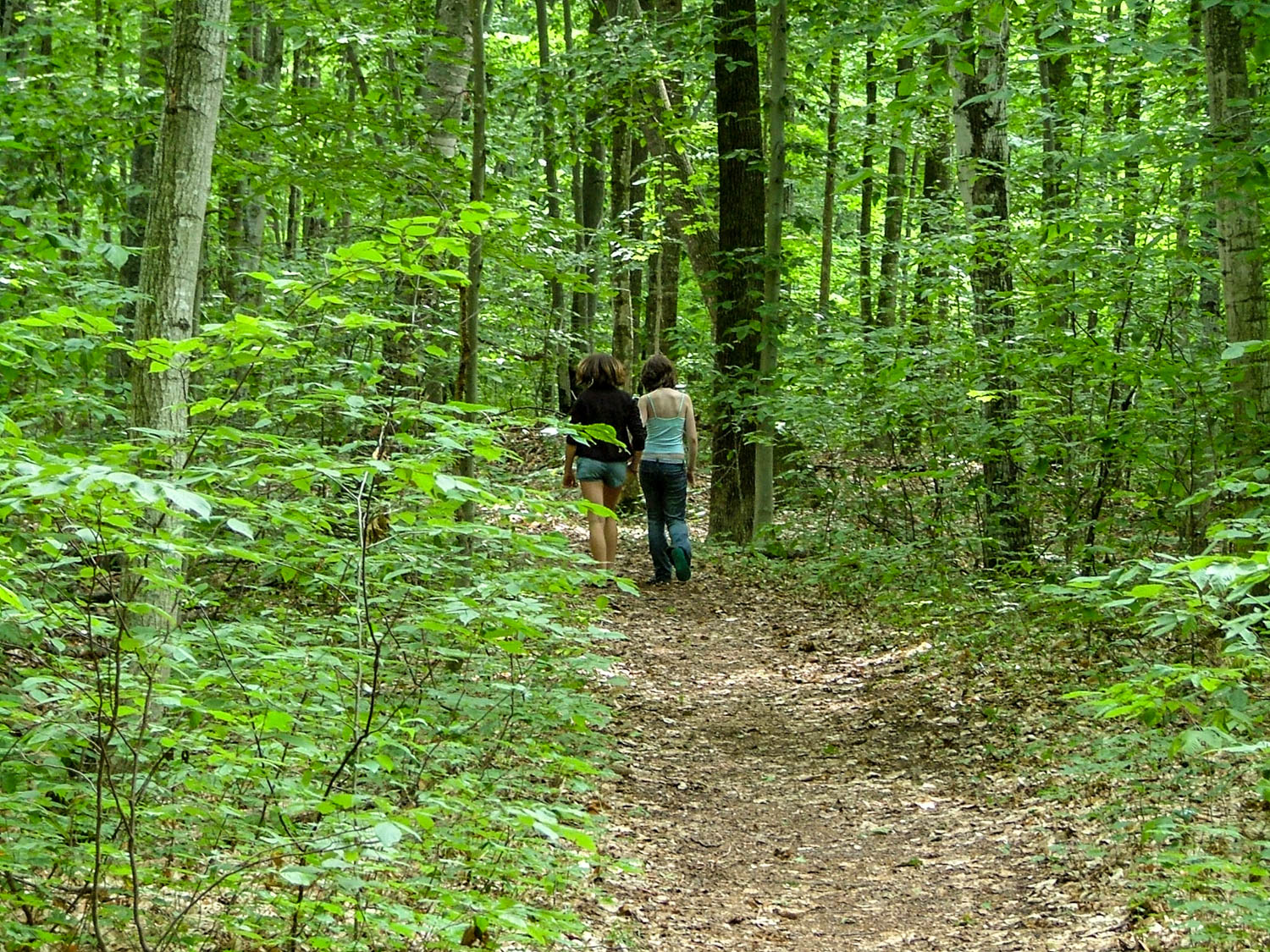
Hi Lawrence,
Thank you for your post. I was able to share with my husband what I am probably facing. I have started with the pulsating lights what seem to be in both eyes. The Dr said they would go away if I didn’t focus on them. Is this how your vision loss started? How did yours progress? I was diagnosed at 52 and currently 59 and starting to have vision loss.
Thank you!
Many people are struggling in their young age including me… You are already 59 … God gives you much time…. Say thanks to god … And don’t think about it again
Subbu, regarding your comment to Donna … my daughter was born blind. I wouldn’t say to you “God gives you much time. Say thanks to god. And don’t think about it again.” Deteriorating vision is individually experienced, and all experiences are to be respected and supported regardless of age of onset, degree of severity, etc.
Lawrence, I appreciate this project to provide people with information about the visual distortion experienced with Stargardts. As a teacher of students with vision loss, it is helpful to me to understand what to watch for and how to accommodate around this.. Thank you for your project and efforts. Wishing you all the best.
Linda, thank you for your kind and thoughtful words. I am so glad you found value in the post. Your daughter is lucky to have you as a mom. Sending out good thoughts to you both.
Subu, yes I feel fortunate to have made ti to age 59 before losing my vision. I can only imagine how different my life would have been ifI lost my vision when I was a child.
Subbu, I know you are having a tough time but Vision loss sucks at any age. Just because he is later onset doesn’t invalidate his struggle or experience. I am much earlier onset than Lawrence but later than most and while I am grateful, it still sucks.
D, thanks so much for your response. I do feel fortunate to have made it this long before losing my vision, but there are also difficult aspects to losing my vision this late in life. For instance, my retirement goal was to buy a trailer and travel the country to take photos (I am a photographer), so losing my driver’s license was a difficult blow. My vision loss forced my retirement (I designed corporate websites), so retirement and vision loss occurred at the same time, so I find myself with lots of time on my hands and no ability to drive. I also live in an area that has little public transit.
Don’t mean to complain, but just explaining that losing one;s vision later in life has a different but profound impact.
I agree and appreciate the perspective. It kind of slapped me in the face this am. But yes it is hard for anyone to face vision loss at any age. Thank you for each of your responses!!
Lawrence,
Can you tell me if your flashing lights have gotten any better? Did they start before your vision loss? How was the progression as yours seemed so fast.
Thank you!